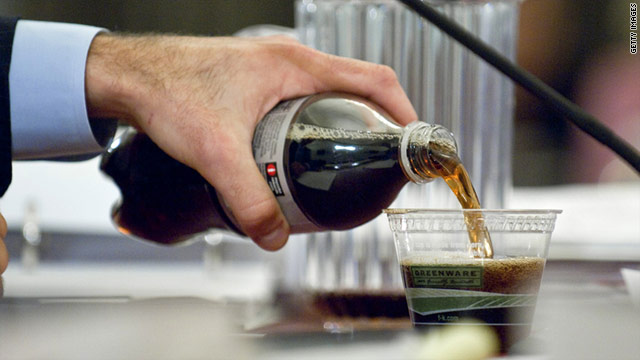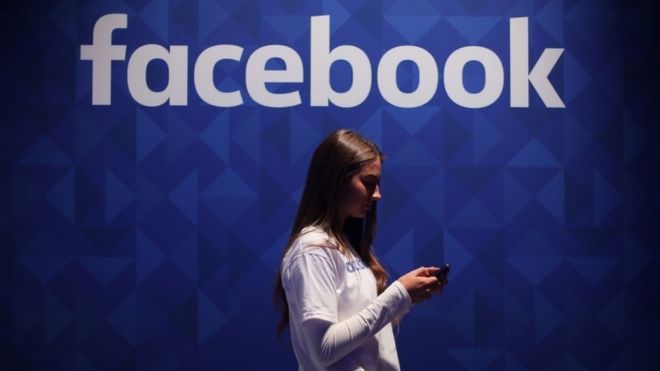Daily Diet Soda Triples Risk of Strokes & Alzheimer’s

Soft drinks – soda – pop; whatever you call it, is multi-billion-dollar business in the United States. Burger, fries and soft drink are the foundation of the fast food industry. Sporting events rely heavily on the sale of soft drinks to help pay their costs. Go to a city park in the summertime, or a local lake and you’ll undoubtedly find ice chests full of soft drinks, and possible more.
However, look at the American people and you’ll see the direct effects of abundant soft drink sales and consumption. We are the most overweight people in the world. America also has a higher degree of childhood obesity and diabetes, part of which has been linked to drinking too many soft drinks. Diabetes has also become an epidemic in our nation.
I humbly admit that I am guilty of what I write. I am overweight and have been diagnosed with Type 2 Diabetes. For many years, I enjoyed a Dr. Pepper with my lunch and dinner and am now paying for it. However, I know that my weight and diabetes is directly linked to my diet and lack of exercise. How do I know that? Last July (2016) my A1C (the measure used to diagnose diabetes) was 11.5. Since 6.0 and below is considered normal, my 11.5 was dangerously high. I went on a strict sugar and BAD carbohydrate free diet plus I began exercising. In December, barely 5 months later, my A1C was only 5.2, much to the surprise of my doctor. I also lost 82 pounds during the same time period. If I can keep my A1C this low, it’s possible that I will no longer be a diabetic.
When I met with my doctor, I was told that if I really wanted to continue to drink Dr. Pepper to switch to diet Dr. Pepper, but no soft drink was what was really recommended. Many other Americans have been told by their doctors to switch to diet soft drinks to help them with their weight and blood sugar. Dentists also believe that soft drinks are a leading cause of tooth decay due to the sugar and acid in the carbonation that eats away at the protective enamel of your teeth.
If you are among the millions of Americans who have switched from regular soft drinks to diet soft drinks for whatever reason, you may be shocked to find out that diet soft drinks have its own evil consequences.
You may have heard about aspartame an artificial sweetener used in many diet soft drinks. There is evidence that the chemicals in aspartame do cloud the mind and interferes with the thought process. Many people who stopped drinking diet soft drinks found that they suddenly were able think more clearly than they had in some time:
“It turns out the headaches you expected from a diet soft drink withdrawal didn’t materialise. And now that you’ve quit the stuff, you probably find yourself thinking clearly for the first time in a while.”
“That’s because the chemicals that make up the artificial sweetener aspartame may have altered brain chemicals, nerve signals, and the brain’s reward system, which leads to headaches, anxiety, and insomnia, according to a review in the European Journal of Clinical Nutrition.”
“And a 2013 animal study found that rats that drank diet soda had damaged cells and nerve endings in the cerebellum — the part of the brain responsible for motor skills.”
Another effect of diet soda is that it masks the taste of many foods. Stop drinking diet soft drinks for a couple of weeks and you’ll find that foods have stronger flavors. The artificial sweeteners in diet soft drinks are up to 200 times sweeter than table sugar, causing your taste buds to be overloaded with sweet.
Heather Bainbridge, RD, from Columbia University Medical Center Weight Control Center, commented, saying:
“We often see patients change snack choices when they give up diet soda.”
“Rather than needing sugary treats or something really salty like pretzels and chips, they reach for an apple and a piece of cheese. And, when they try diet soda again, they find it intolerably sweet.”
Did you know that mixing diet soda with alcohol can get you drink faster? The diet soft drink causes your stomach to empty faster, which then leaves it more vulnerable to the alcohol.
Additionally, diet soft drinks have been found to impede kidney function.
“One study looked at 11 years of data and found that women who drank 2 or more servings of diet soda doubled their chances of declining kidney function.”
If all of the above isn’t enough to cause you to put down your diet soft drink, then consider this:
“The team of researchers from Boston’s University School of Medicine, said people who consume a can of artificially-sweetened soft drink a day were at three times the risk of suffering the most common form of stroke compared to non-drinkers.”
“The US study also indicated that diet soft drink fans were 2.9 times more likely to develop Alzheimer’s. But after accounting for all lifestyle factors, the researchers found the link to dementia was statistically insignificant, however, the impact on stroke risk remained…”
“‘Drinking at least one artificially sweetened beverage daily was associated with almost three times the risk of developing stroke or dementia compared to those who drank artificially sweetened beverages less than once a week,’ the research read, which was published in Stroke, the journal of the American Heart Association.”
Face it, like or not, there is not one redeeming thing about drinking soft drinks or diet soft drinks other than to satisfy one’s addiction to sugar and sweets. Switching to diet soft drinks may be better for your weight and diabetes, but in the meantime, you’re exposing yourself to a host of other health risks, especially strokes and Alzheimer’s. Next time you pop the top on a can of diet soft drink, think of the sound it makes as ‘STROKE’. It won’t take for you to stop drinking them.








Recent Comments